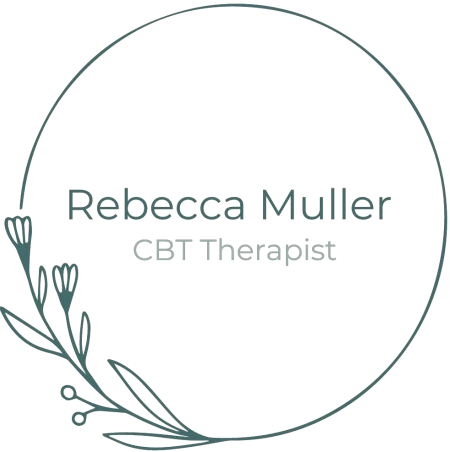As a therapist based in North Berwick who also works online, I've observed time and again that the quality of the relationship between therapist and client is the most powerful factor in successful therapy. But why exactly is this connection so crucial?
At its core, therapy is not simply about learning techniques or gaining intellectual insights—it's about experiencing a relationship where healing becomes possible. Research consistently shows that the therapeutic alliance accounts for a significantly larger portion of therapy outcomes than the specific method or approach used.
When you feel truly seen, heard, and accepted by your therapist, something remarkable happens. You begin to feel safe enough to explore painful experiences, to voice thoughts you've never shared with anyone, and to gradually face aspects of yourself you might have been avoiding. This safety doesn't develop through techniques alone—it emerges through the genuine human connection between two people.
For many clients, the therapeutic relationship provides a corrective emotional experience. Perhaps you grew up in an environment where your feelings weren't validated, or where expressing vulnerability was discouraged. The therapy relationship offers an opportunity to experience what it feels like to be truly accepted and understood, potentially for the first time.
The relationship also serves as a laboratory for exploring patterns. How you relate to your therapist often mirrors how you relate to others in your life. As we notice these patterns together in a supportive environment, you gain insights about your relationships outside the therapy room and can experiment with new ways of connecting.
Even when therapy involves specific interventions or exercises, their effectiveness largely depends on the trust and rapport established between us. Without that foundation of trust, techniques alone rarely create lasting change.
Perhaps most importantly, the therapeutic relationship demonstrates that emotional healing happens within connection, not in isolation. Many of us have learned to cope with difficulties by withdrawing or trying to "figure it out" alone. The therapy relationship gently challenges this pattern, showing that it's through authentic human connection that our deepest wounds can heal.
If you're considering therapy, know that finding someone you feel comfortable with is more important than finding someone with specific credentials or techniques. That feeling of connection when you meet a potential therapist is worth paying attention to—it may be the most important factor in your healing journey.
